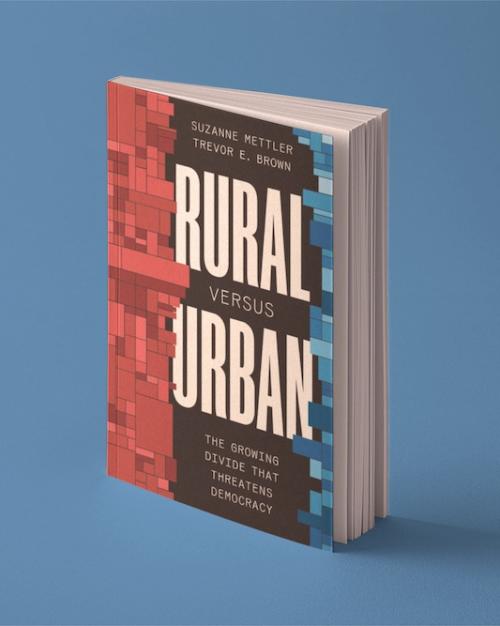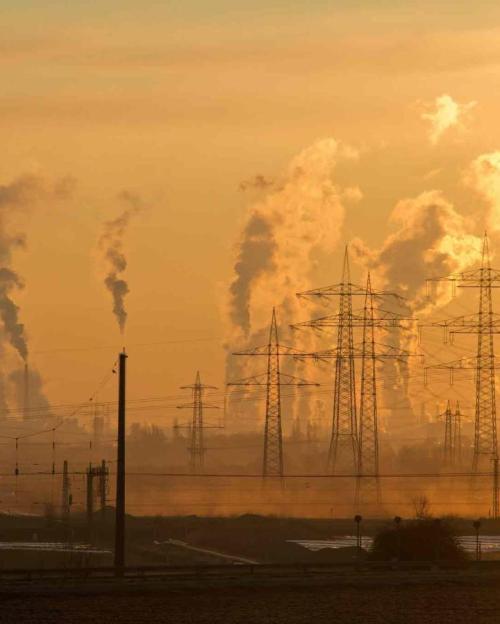The E.P.A.'s announcement that it will bolster enforcement and monitoring of air and water quality in disadvantaged communities misses some important points, says Jerel Ezell, professor of Africana studies in the College of Arts & Sciences. An expert in health disparities and social inequality in post-industrial communities, Ezell says the E.P.A.’s top-down enforcement policies don’t empower local communities to assess and report environmental hazards, which is critical to achieving environmental equity.
“The E.P.A.'s stated commitment to environmental justice validates how pollution and other forms of environmental degradation undermine efforts to generate social and health equity in America, but this new initiative sends mixed signals," says Ezell. "The E.P.A. often fails to make its work comprehensible to the general public and, at the same time, continues to have a very limited focus on providing communities with the knowledge they need to understand and appreciate the scope of their environmental risks.
“Another particularly big piece missing from this initiative is bolstering local communities' capacity to independently assess, monitor, and report on environmental hazards. The government continues to insist on top-down oversight and enforcement policies that have proven ineffective and that, rather than empower and reassure communities, create expectations that government can't meet, fueling further animosity and distrust.
“Only a highly collaborative, centralized approach to generating environmental justice will ensure that the E.P.A. can achieve its goals of environmental equity,” says Ezell.
For media inquiries, contact Jeff Tyson, 607-793-5769, jeff.tyson@cornell.edu.





